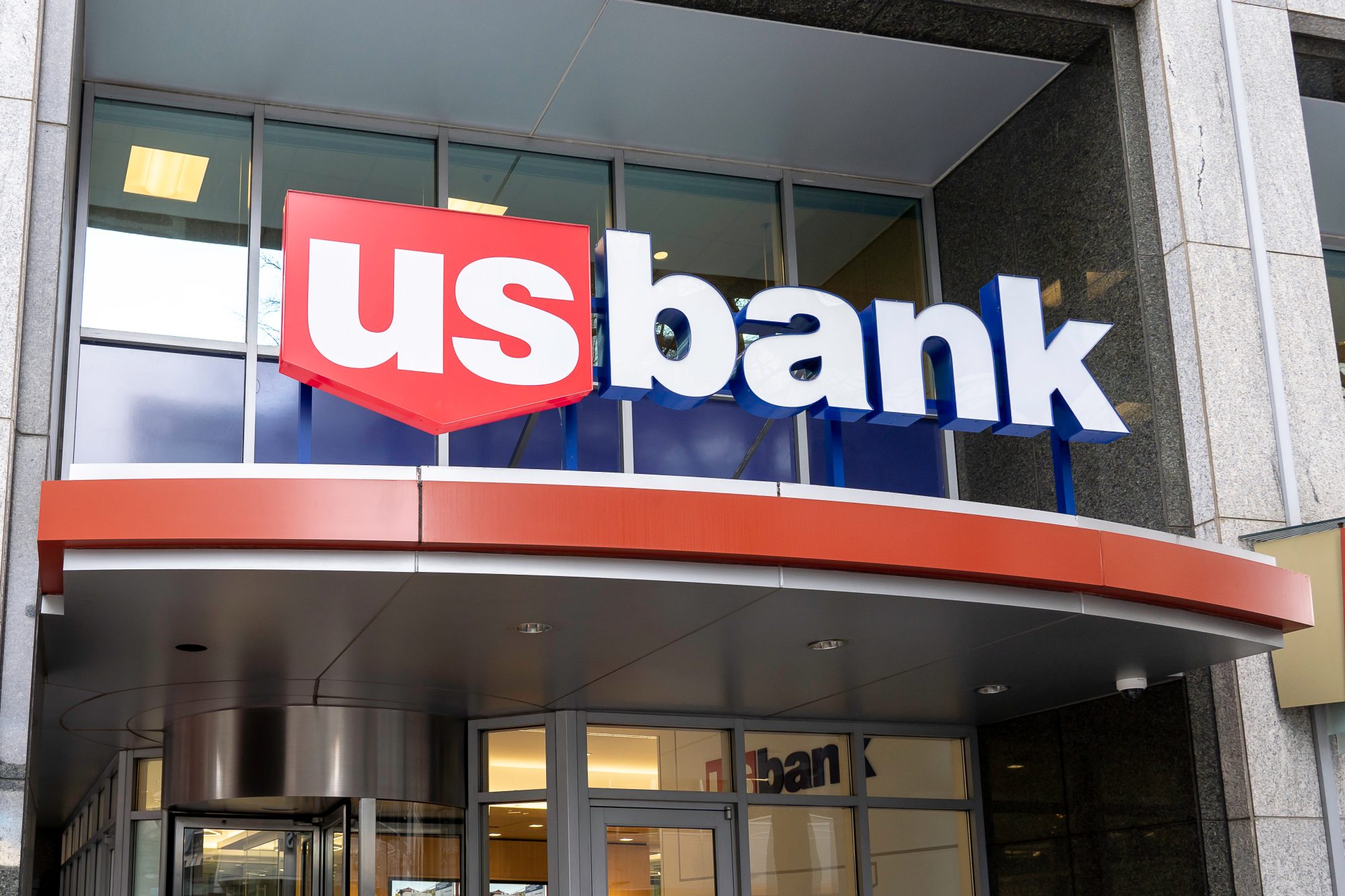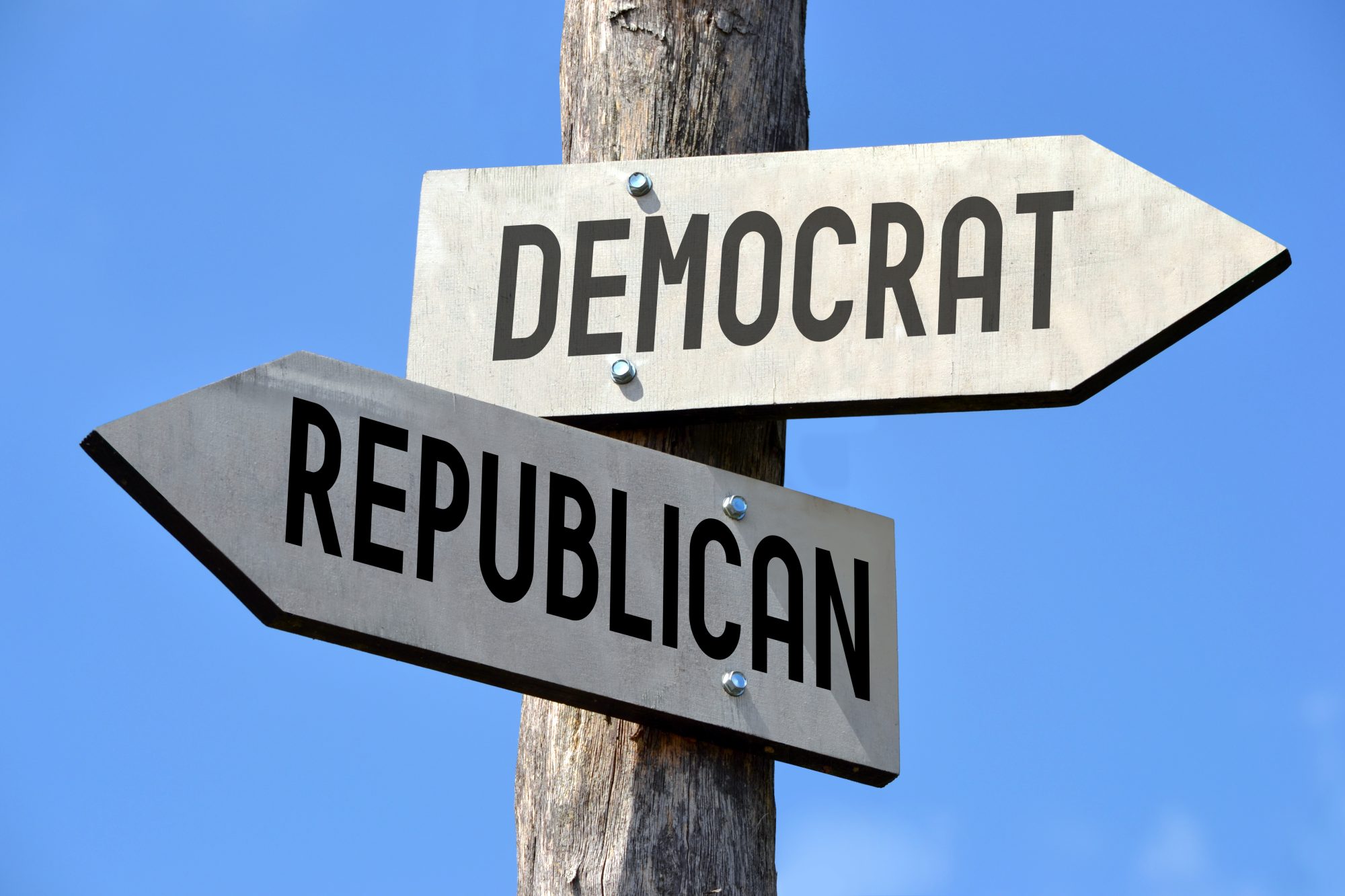Facebook has been working hard on making its platform more trustworthy following criticism over fake news and regressive journalism. In its most recent effort, the social networking giant has introduced what it calls “Trust Indicators” to help users see more about the publishers of articles.
How Trust Indicators work
An icon for the Trust Indicator will be attached to articles posted on Facebook. By tapping the icon, a reader will be able to see information about the publishers, including their policies on ethics, corrections and fact-checking. As of now, Facebook is testing the feature with selected publishers, but it will soon make it available for others as well.
Facebook said that readers will be able to evaluate articles to know if they are from a trustworthy publisher and if there is some weight to the story.
“This step is part of our larger efforts to combat false news and misinformation on Facebook — providing people with more context to help them make more informed decisions, advance news literacy and education, and working to reinforce indicators of publisher integrity on our platform,” Facebook said in a statement.
The Menlo Park, California-based company has refrained from releasing a list of the publishers that are part of the testing group. However, it confirmed to Mashable that Vox.com and the Associated Press are involved.
Trust Indicators are a result of Facebook’s partnership with Trust Project, a consortium of news organizations hosted by Santa Clara University. Trust Project is funded by the Craig Newmark Philanthropic Fund, Google, the John S. and James L. Knight Foundation, the Democracy Fund and the Markkula Foundation.
Sally Lehrman, an award-winning journalist, is heading up the project from Santa Clara University’s Markkula Center for Applied Ethics. According to Lehrman, the efforts started long before the concerns about fake news affecting the U.S. presidential election came into the limelight. The Trust Project was launched in 2014 using algorithms to support the quality of the news.
Limited success in the fight against fake news
Facebook has introduced several other initiatives previously to fight fake news. For instance, the Facebook Journalism project was launched earlier this year, but it failed to achieve the desired results.
During the F8 conference in April, an attendee told Mashable, “The problem with Facebook’s entire ‘news team’ is that they’re glorified client services people.”
In another effort, Facebook collaborated with the Poynter’s International Fact Checking Network (IFCN) to keep track of fake stories and flag the content. However, some fact checkers told The Guardian that the social networking giant even denied requests to release the statistics internally. Facebook did launch a “disputed” warning banner for potential fake news, but according to one fact checker, the tag was rarely applied.
Fact checkers told The Guardian that they asked Facebook about the frequency at which the tag is applied to news articles or the extent to which it was able to make a difference. However, Facebook has not given them any information on it.
On Wednesday, Facebook shares closed down 0.07% at $177.95. Year to date, the stock is up almost 55%.











